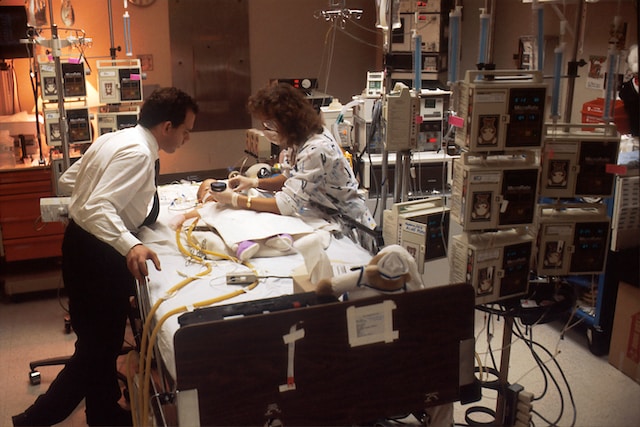Introduction: Aphasia, a communication disorder that impairs language abilities, can lead to profound feelings of isolation and loneliness. The struggle to convey thoughts and connect with others in a world governed by words can be overwhelming. In this article, we explore the challenges of aphasia-induced isolation and shed light on strategies for overcoming loneliness and
Introduction: Aphasia, a communication disorder that impairs language abilities, can lead to profound feelings of isolation and loneliness. The struggle to convey thoughts and connect with others in a world governed by words can be overwhelming. In this article, we explore the challenges of aphasia-induced isolation and shed light on strategies for overcoming loneliness and fostering meaningful connections.
The Silent Struggle: For individuals with aphasia, the inability to express themselves verbally can create a profound sense of isolation. Simple tasks, like engaging in conversations, participating in social events, or even expressing basic needs, become arduous endeavors. The frustration of not being understood and the fear of being left out contribute to the overwhelming loneliness experienced by many with aphasia.
Redefining Communication: While aphasia may hinder verbal communication, it does not diminish the human capacity to connect. Individuals with aphasia often discover alternative channels for expressing their thoughts and emotions. Non-verbal cues, gestures, facial expressions, and touch become powerful means of communication, allowing for meaningful connections beyond words. By embracing and refining these non-verbal skills, individuals can bridge the gap of aphasia-induced isolation.
Support Networks: Building a support network is vital in overcoming the loneliness associated with aphasia. Family, friends, and support groups play a crucial role in providing emotional support, understanding, and encouragement. By surrounding themselves with compassionate and patient individuals, those with aphasia can find solace, acceptance, and a sense of belonging.
Communication Partners: Communication partners, including family members, friends, and healthcare professionals, play an essential role in facilitating effective communication for individuals with aphasia. By practicing active listening, using visual supports, and providing additional time for responses, communication partners create an inclusive environment that encourages meaningful interactions and minimizes feelings of isolation.
Technology as a Tool: In the digital age, technology offers a range of tools to enhance communication for individuals with aphasia. Augmentative and alternative communication (AAC) apps, speech-generating devices, and text-to-speech software provide avenues for expression and connection. These technological aids can empower individuals with aphasia, enabling them to participate more fully in social interactions and combat the isolation that may accompany their condition.
Cultivating Empathy: Raising awareness and cultivating empathy within society is crucial in addressing the isolation faced by individuals with aphasia. Education programs, community initiatives, and media representations that shed light on aphasia and its challenges can foster understanding and acceptance. By promoting empathy and breaking down the barriers of stigma and misconception, we can create a more inclusive society that supports and embraces those with aphasia.
Advocacy for Accessibility: Advocacy efforts are essential in creating an accessible world for individuals with aphasia. Accessible public spaces, including venues, transportation, and communication services, can significantly enhance the quality of life for those with aphasia. By advocating for improved accessibility and promoting inclusive practices, we can minimize the barriers that contribute to isolation and foster a more inclusive society for all.
Conclusion: Aphasia-induced isolation is a significant challenge faced by individuals living with this communication disorder. However, by embracing alternative forms of communication, building support networks, leveraging technology, cultivating empathy, and advocating for accessibility, individuals with aphasia can overcome loneliness and forge meaningful connections. Let us strive to create a world that values the voice of those with aphasia, where isolation gives way to understanding, acceptance, and genuine connection.

















Leave a Comment
Your email address will not be published. Required fields are marked with *